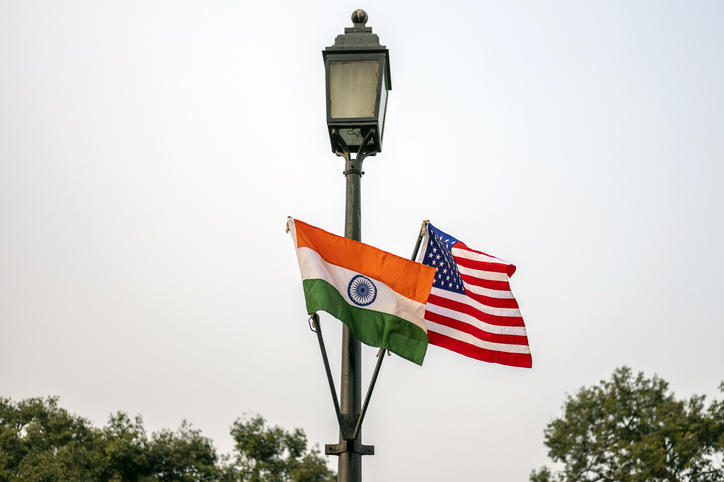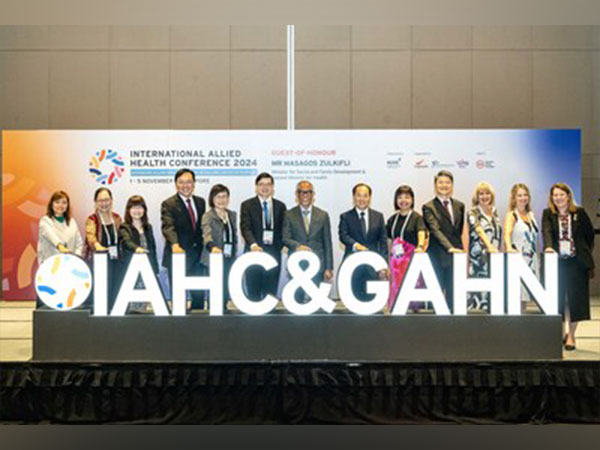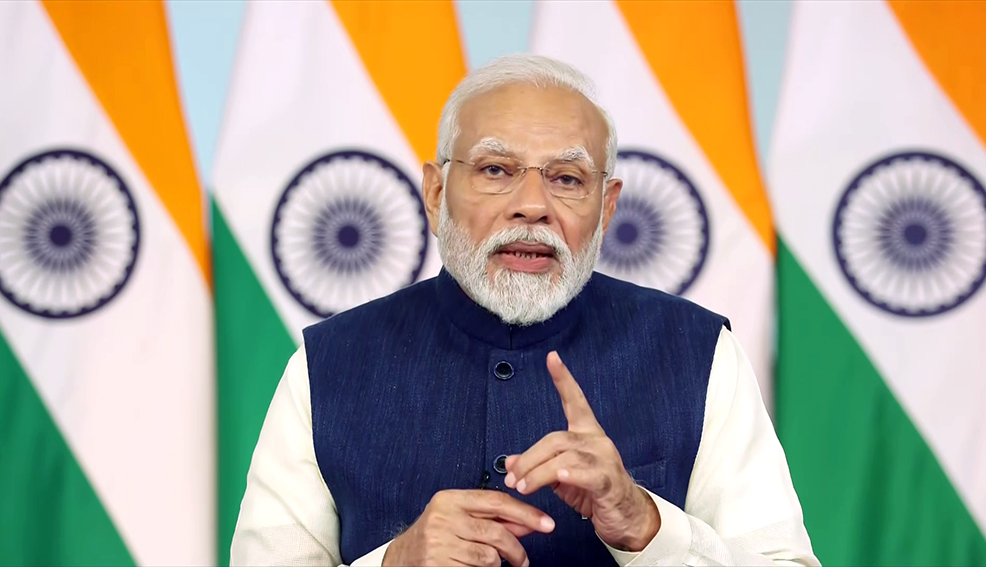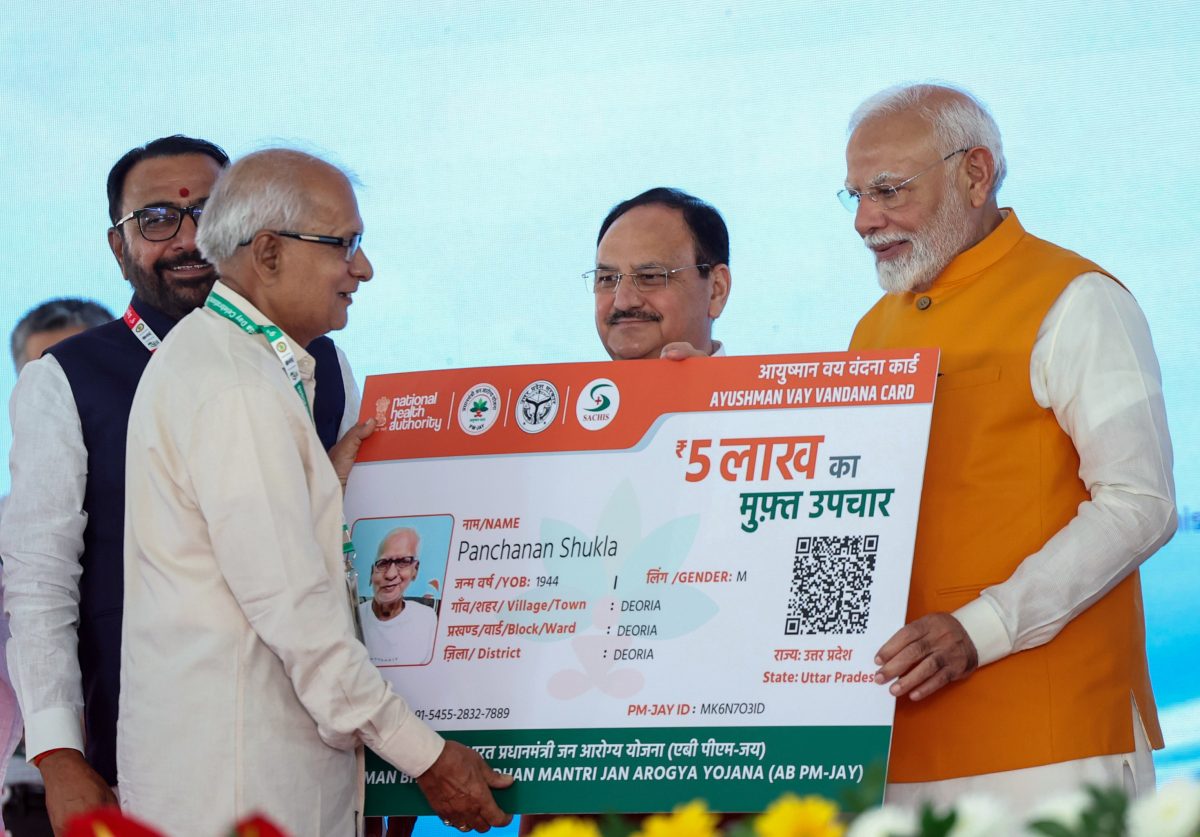India and 13 other Indo-Pacific Economic Framework (IPEF) partners have launched three new supply chain bodies under the Indo-Pacific Economic Framework for Prosperity (IPEF) Agreement on Supply Chain Resilience.
The virtual meetings, held on Tuesday, marked the start of the Supply Chain Council (SCC), Crisis Response Network (CRN), and Labor Rights Advisory Board (LRAB), representing a significant step toward strengthening regional supply chains.
These meetings saw the 14 IPEF partners reaffirm their commitment to enhancing the resilience and competitiveness of critical supply chains.
The IPEF Supply Chain Resilience Agreement, signed by Commerce and Industry Minister Piyush Goyal and other IPEF ministers in November 2023 in Washington, D.C., aims to make supply chains more robust and well-integrated. The Agreement, which came into force in February 2024, is intended to support the economic development of the Indo-Pacific region.
Earlier, at an IPEF Ministerial meeting in Singapore in June 2024, Secretary of the Department of Commerce Sunil Barthwal highlighted India’s ambition to become a major global player in supply chains, leveraging its skilled workforce, natural resources, and supportive policies.
Under the Supply Chain Agreement, three bodies were created: the Supply Chain Council to focus on strengthening critical supply chains for national security, public health, and economic well-being; the Crisis Response Network for collective emergency responses to disruptions; and the Labor Rights Advisory Board to enhance labor rights and workforce development.
During the meetings, the three supply chain bodies elected their chairs and vice chairs for a two-year term. The Supply Chain Council will be chaired by the USA with India as the Vice Chair, the Crisis Response Network will be chaired by the Republic of Korea with Japan as Vice Chair, and the Labor Rights Advisory Board will be chaired by the USA with Fiji as Vice Chair.
The Supply Chain Council adopted its Terms of Reference and set initial work priorities, which will be further discussed at an in-person meeting in Washington, D.C. in September 2024, coinciding with the Supply Chain Summit. The Crisis Response Network and Labor Rights Advisory Board also planned their upcoming in-person meetings, focusing on immediate and long-term priorities.
The IPEF, launched on May 23, 2022, in Tokyo, Japan, includes 14 countries: Australia, Brunei, Fiji, India, Indonesia, Japan, Republic of Korea, Malaysia, New Zealand, Philippines, Singapore, Thailand, Vietnam, and the USA. It aims to strengthen economic engagement and cooperation in the region through four pillars: Trade, Supply Chain Resilience, Clean Economy, and Fair Economy. India participates in the Supply Chain Resilience, Clean Economy, and Fair Economy pillars while observing the Trade pillar.




















